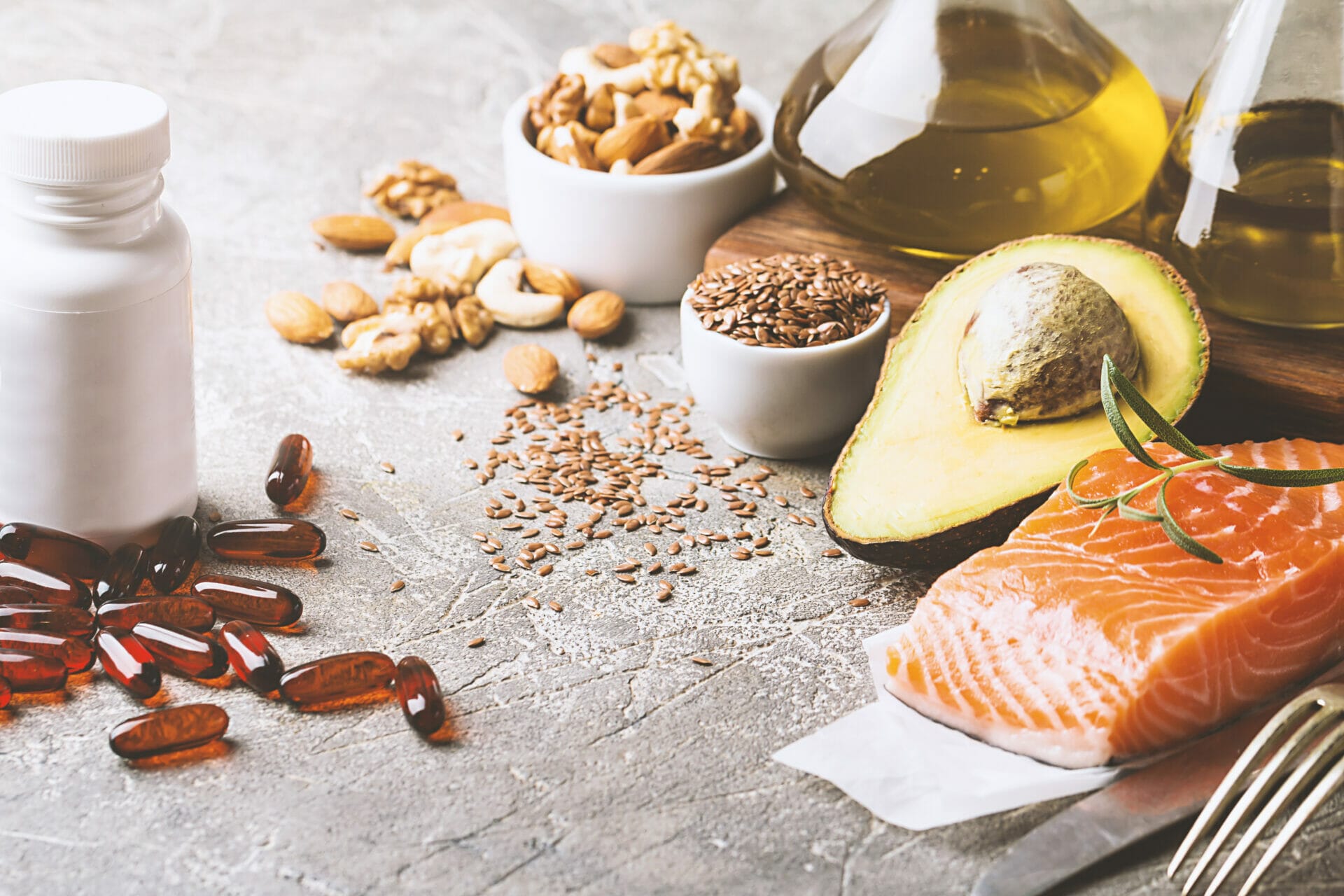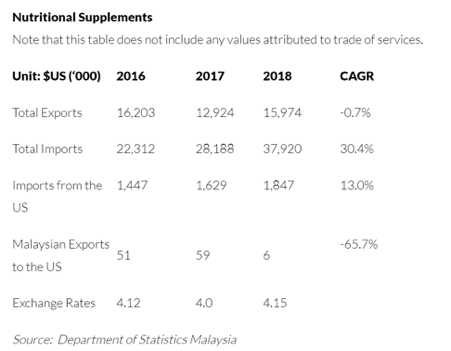In Malaysia’s nutritional and food supplements, public healthcare is extensively subsidized. Public hospitals are becoming overcrowded and overloaded as healthcare costs rise. The Malaysian government has devoted a significant portion of its national budget to the healthcare industry because it places a high priority on the health and wellness of its inhabitants. The portion of the national budget allotted to the Ministry of Health in 2017 was 9.4%. About US$6.75 billion, or 10.4% of the total yearly national budget, was set aside by the government in 2018 for public healthcare. There is about $1 billion set aside for consumables, such as medicines and supplies.

The upper-middle and high-income segments of the Malaysian population frequently favor private healthcare services since they are frequently faster and offer higher-quality care. The upper-middle- and the higher-income group tends to be more educated and self-reliant when it comes to their health. For them, prevention is preferable to treatment by a factor of ten. In order to maintain and improve general well-being, nutritional and dietary supplements are used. Vitamins, minerals, herbs, meal supplements, sports nutrition products, natural food supplements, and other related items are examples of nutritional and food supplements that are used to increase the dietary intake of certain nutrients. With a market share of 26.1 percent, China was the biggest exporter of nutritional and food supplements to Malaysia in 2017. Switzerland (23 percent), Thailand (14.7 percent), Germany (7.1 percent), and the United States (5.7 percent) were the next three top suppliers of food and nutritional supplements. Consumers in Malaysia trust and like American brands, but with the qualification that American businesses must be aware of Malaysia’s price sensitivities.

The majority of Malaysia’s nutritional and food supplement needs are imported
Principal subsectors
This is offered as either finished products or as raw components for regional assembly. Local importers frequently work with overseas manufacturers to buy private-label goods. Local importers often collaborate with global supplement producers to create their own formulations. Some people gather raw materials and create their own dietary supplements.
The National Pharmaceutical Regulatory Agency (NPRA) of Malaysia reports that one-third of Malaysian manufacturers are in possession of Good Manufacturing Practices (GMP) licences, allowing them to create modern medicines like analgesics, antacids, anti-hypertensives, diuretics, antibiotics, and antihistamines. The production of local traditional and herbal medicines, including dietary supplements, is permitted by two-thirds of them. Manufacturers of veterinary supplements will receive the remainder.
Opportunities
Malaysia is the top country in Southeast Asia for both obesity and diabetes, and it is ranked sixth overall in the Asia Pacific area. Significant Non-Communicable Diseases (NCDs) like heart disease and hypertension have been linked to obesity and diabetes. As a result, consumers in Malaysia are becoming more proactive in looking for consumer health goods to prevent such chronic diseases and are becoming more conscious of such potential health risks linked to eating habits. The increased knowledge of health issues and the availability of more disposable income are two factors that may be contributing to the rise in the consumption of health supplements. A wide variety of health supplements are easily accessible on the market, including items for weight management, detoxification, joint health, digestive health, heart and circulation, stress and energy, eye health, multivitamins, and antioxidants.
Sports nutrition and natural and organic supplements in particular are becoming more and more popular. Some of the top-selling products on the market include joint-supporting supplements, fish oils, heart-healthy supplements, cholesterol-lowering supplements, CoQ10, Gingko, collagen supplements, detoxification products, and dietary supplements for men. Market views of natural supplement formulations with two or more types of ingredients are superior to those of supplements with just one type of ingredient. Food supplements for natural weight loss, fat burning, and skin and hair strengthening are also very popular.

Rise of the health supplements
The health supplement market is expanding, and there are no signs that it is about to slow down.
According to Fortune Business Insights, the market for health supplements worldwide was valued US$61.2 billion in 2020. It is anticipated to increase by 8.68% from US$71.81 billion in 2021 to US$128.64 billion in 2028. The top-selling vitamins and supplements in the Asia Pacific region, according to NutraIngredients, a leading online news source for the nutrition business, are:
- Halal-certified supplements
- Vitamin D
- Red ginseng
- Probiotics
Numerous factors have contributed to the market for nutritional supplements expanding. These include the COVID-19 virus spreading more widely, a rising understanding of the value of a healthy diet, and technological advancements in dietary supplements.
1. The spread of COVID-19 is increasing
Many people are using health supplements to strengthen their health and ward off the disease as COVID-19 is becoming more widely distributed. According to the National Institutes of Health Office of Dietary Supplements, despite the lack of evidence, customers continue to use these products to prevent or treat COVID-19. They feel more at ease knowing that these products can improve their health and strengthen their immune systems.
2. Greater understanding of the value of a healthy diet
More people are becoming aware of the fact that what we eat directly affects our general health and wellbeing. To obtain the nutrients they require, many people use nutritional supplements. Getting enough nutrition has been associated with lowered risks of chronic disease development, greater mental health, and all-around increased wellbeing.
3. Innovations in the field of supplements
Consumers now have access to more potent health supplements than ever before thanks to technological advancement. Traditional supplements, for instance, are coupled with new, more cutting-edge advances. Consumers no longer need to take as many capsules or tablets each time because to technological advancements like micro and nano encapsulations, according to biotechnology company Natac

